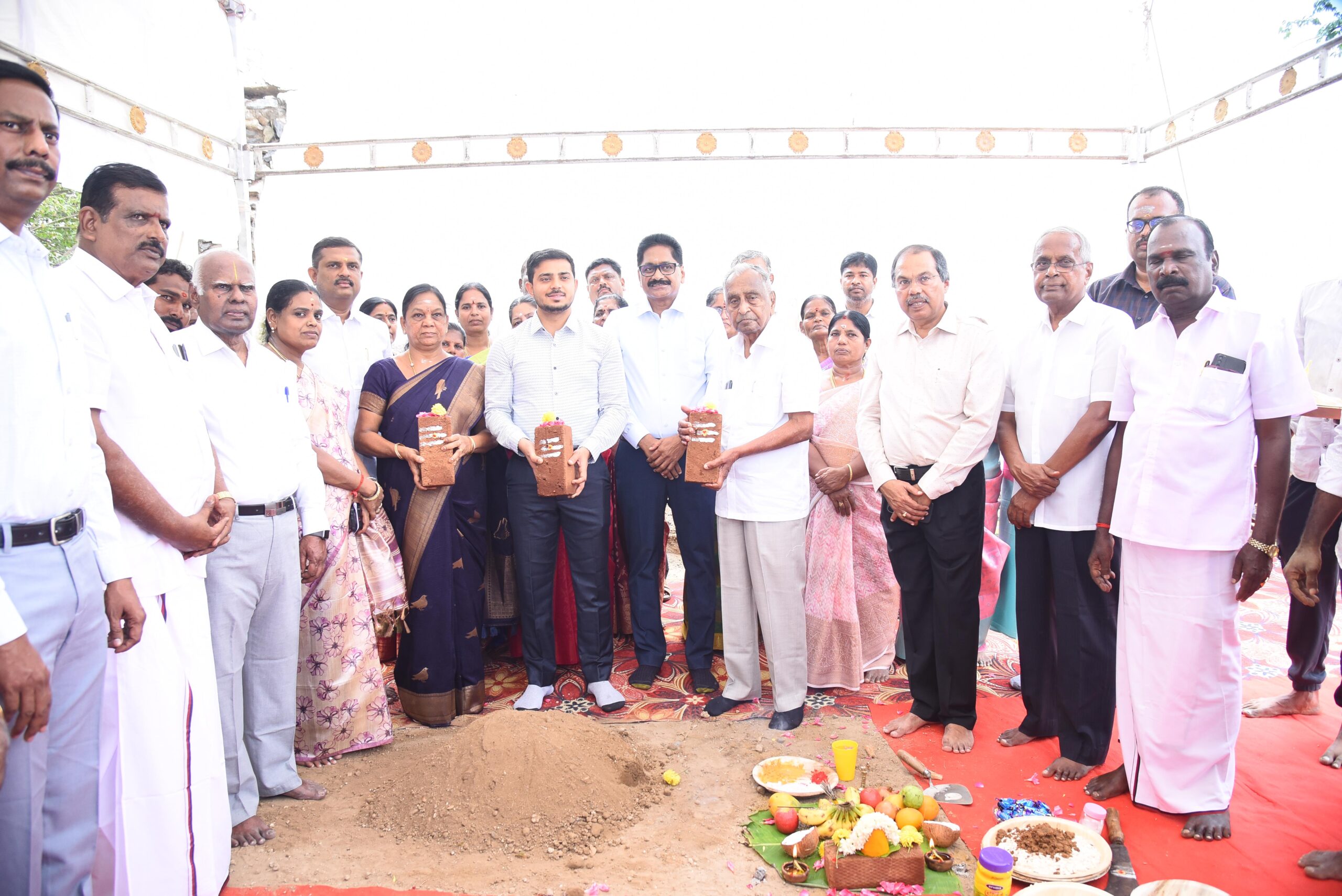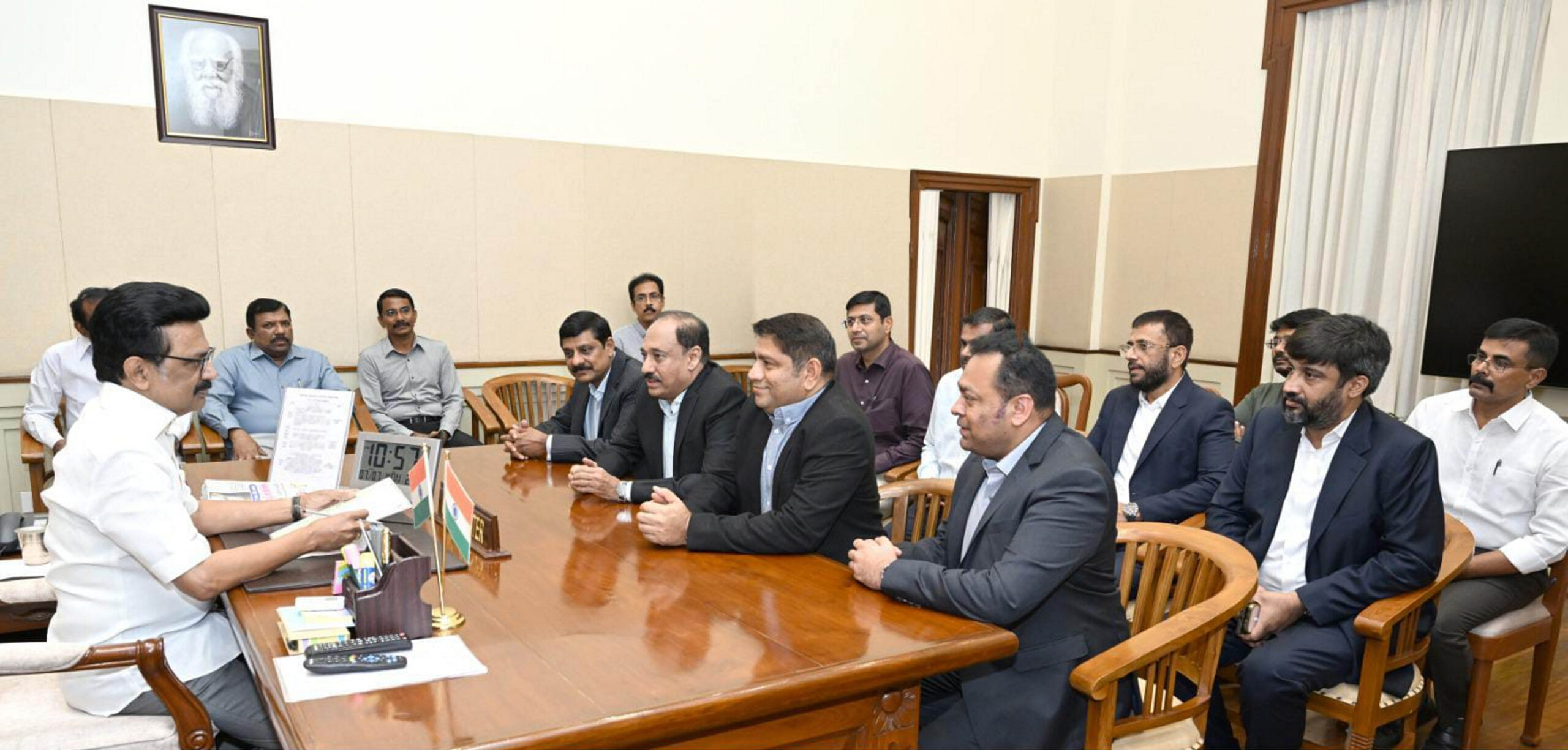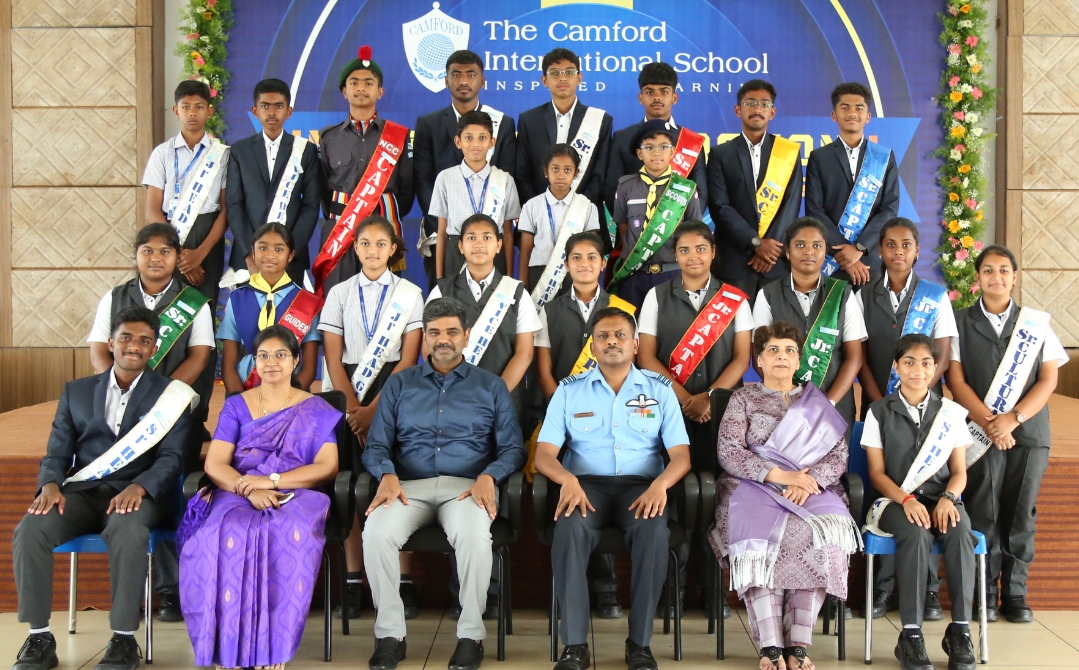Trending Now
- “I will soon make an announcement regarding a statewide tour across Tamil Nadu.” – O. Panneerselvam.
- Vatsala, Asia’s oldest elephant, has passed away at Panna Tiger Reserve; social activists mourn the death of this elephant, which lived for over 100 years.
- “The U.S. Govt earned ₹8 lakh crore this year through increased tariffs on foreign goods.” – U.S President Donald Trump.
- World No.1 Aryna Sabalenka has advanced to the semifinals in the Women’s Singles category at Wimbledon Tennis.
Coimbatore
Caution as dengue cases are on the rise
![]() October 30, 2018
October 30, 2018
As on Monday, 2,676 dengue cases were recorded in Tamil Nadu. As many as eight, including three children, were diagnosed with swine flu and have been admitted to isolated wards in Coimbatore Medical College and Hospital. A total of 57 have been admitted for fever. Five, including a child, have been diagnosed with dengue in a private hospital.
The Ministry of Health and Family Welfare warns that South Indian States are at greater risk, as temperature fluctuations are less, ideal for its breeding.
Dengue is a mosquito-borne (aedes aegypti) disease, caused by dengue virus. Mosquitoes multiply in man-made containers of stagnant water and buzzes most often two hours before sunset and again from 8 to 9 am.
The distinction between viral and dengue fever, the patient may have high fever, sometimes reaching 105°F with muscular and joint pain, headache, acute cough, vomiting, skin rash, nausea, fatigue, sore throat, retro-orbital (behind the eye) pain and rashes (pinkish in colour) all over the body within 24 to 48 hours of the fever.
Patients with these symptoms are advised complete blood count test along with Dengue NS1 antigen one. Even if the test turns out negative and the symptoms persist, the patient should take a retest after 5-7 days with a repeated test of IgG & IgM.
The virus is transmitted when the female mosquito bites a person. It enters through the mosquito’s saliva into the skin of the person. It then enters white blood cells (WBC) and reproduces. The cell circulates throughout the body and produces a number of signaling proteins like cytokines and interfernos, which are the cause for flu-like symptoms.
The infection can be considered severe when the virus multiplies on a large scale, affecting other parts of the body like liver and bone marrow. The blood supply becomes low to vital organs as the fluid from the bloodstream starts leaking into the wall of small blood vessels, lowering blood pressure.
Patient’s with low-level hematocrit may have to resort to blood transfusion. The platelet counts also get drastically affected due to dysfunction of bone marrow (responsible for effective blood clotting). Organ dysfunction and severe bleeding occur in less than 5 per cent of all dengue cases.
Administration of intravenous fluids is stopped during the recovery phase which begins when leaked fluid is reabsorbed in the bloodstream. The patient might complain of itching and a slow heart rate. If the brain is affected, the patient’s consciousness is compromised and he or she may have seizures.
The risk of dengue hemorrhagic fever (DHF) and dengue shock syndrome (DSS) is not clear. It is suspected that the infected cells may die and affect the process of coagulation and fight blood clotting.
There is no specific antiviral drug, available in the market for dengue. As part of preventive and supportive care, the patient is kept on intravenous hydration for 1-2 days to maintain proper fluid balance in the body.
Prevention and control is required to stop transition of the disease. The virus spreads if one inhales the droplets that are expelled by an infected person during sneezing or coughing. The virus also transmits through contact, saliva or nasal mucus from an infected person. Hence, it is advisable to maintain a distance of up to 2 meters from the patient, wash hands often, cover mouth and nose, avoid touching eyes, nose and mouth, use mosquito repellants, mosquito nets, sprinkle right dosage of insecticides in the container, wear long-sleeved clothes and most importantly dispose waste properly so that no chance is given to mosquitoes to breed.
Dr Soumya Swaminathan, director general of the Indian Council of Medical Research (ICMR), told Mail Today: “It would be a very premature decision to introduce this vaccine in India. We are still not convinced about the data on the baseline serotype immunity for dengue in India. Data says when a person, with pre-existing immunity, is vaccinated, he/she develops antibodies against the disease. Our expert committee has suggested that at first, we should again conduct a base-line sero-survey to generate data. Even if we approve of this vaccine in the country, we will not be sure if the population’s baseline immunity would be 50 per cent or above.”























